AARP Hearing Center


When Katrina Kotfer received treatment for breast cancer, she didn’t realize she was also receiving palliative care — which focuses on improving quality of life for people with serious illnesses and their caregivers — until she saw a notation on her doctor’s chart.
“The first time I saw that in my medical notes, I thought, Oh my God, am I dying and they’re not telling me?” says Kotfer, 51, who lives in Groton, Connecticut. “I got a little freaked out, thinking that palliative care was for the really sick, old people that are dying.”
Kotfer says her doctor explained that unlike hospice, which is for patients near the end of life, palliative care is for people with a chronic illness or those being treated for a disease.
“People need to know that palliative care is not just for the sick and dying,” says Kotfer, whose diagnosis was more than a decade ago. “It’s for the sick and living.”
Multiple studies show that palliative care helps people live longer with fewer distressing symptoms.
What is palliative care?
Patients can ask for palliative care to help the symptoms of their disease or treatment at any age and for any length of time. Some people use palliative care for a difficult but temporary situation, such as undergoing a bone-marrow transplant, while other people, such as those with dementia, may need palliative care for the rest of their lives, says Vicki Jackson, M.D., president of the board of the American Academy of Hospice and Palliative Medicine.
“The focus is really on relieving pain and discomfort, reducing stress, helping the person have the highest quality of life that they can at any stage,” says Elizabeth Edgerly, senior director of community programs and services for the Alzheimer’s Association.
How does palliative care treat illnesses?
Providers work in teams to coordinate care and communication. Interdisciplinary team members may include doctors, nurses and dietitians as well as chaplains and social workers who work together to treat more than pain, often considered the reason to start palliative care:
- Anxiety
- Constipation
- Depression
- Difficulty sleeping
- Fatigue
- Loss of appetite
- Nausea
- Shortness of breath































.jpg?crop=true&anchor=13,195&q=80&color=ffffffff&u=lywnjt&w=2008&h=1154)



























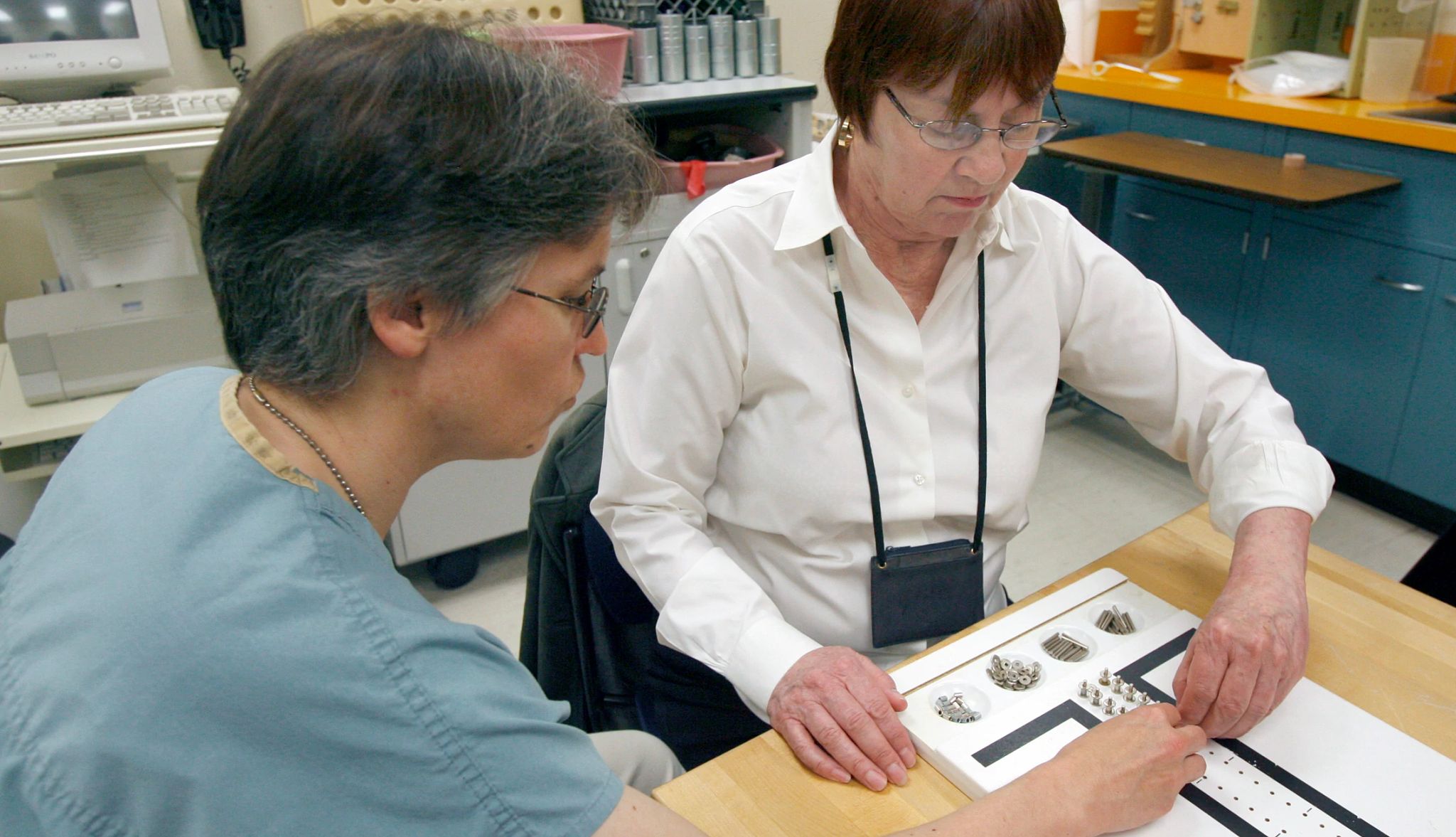



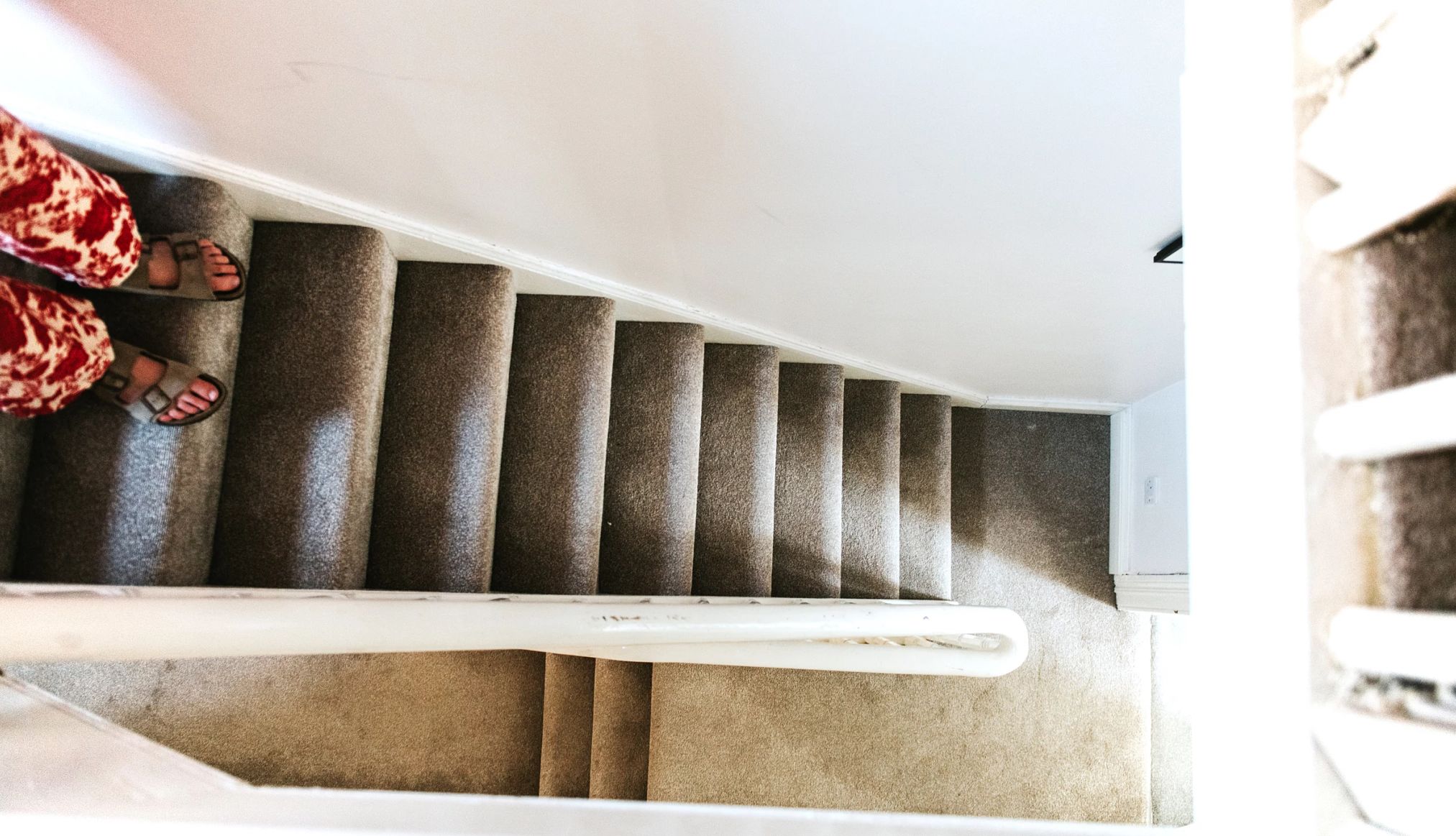




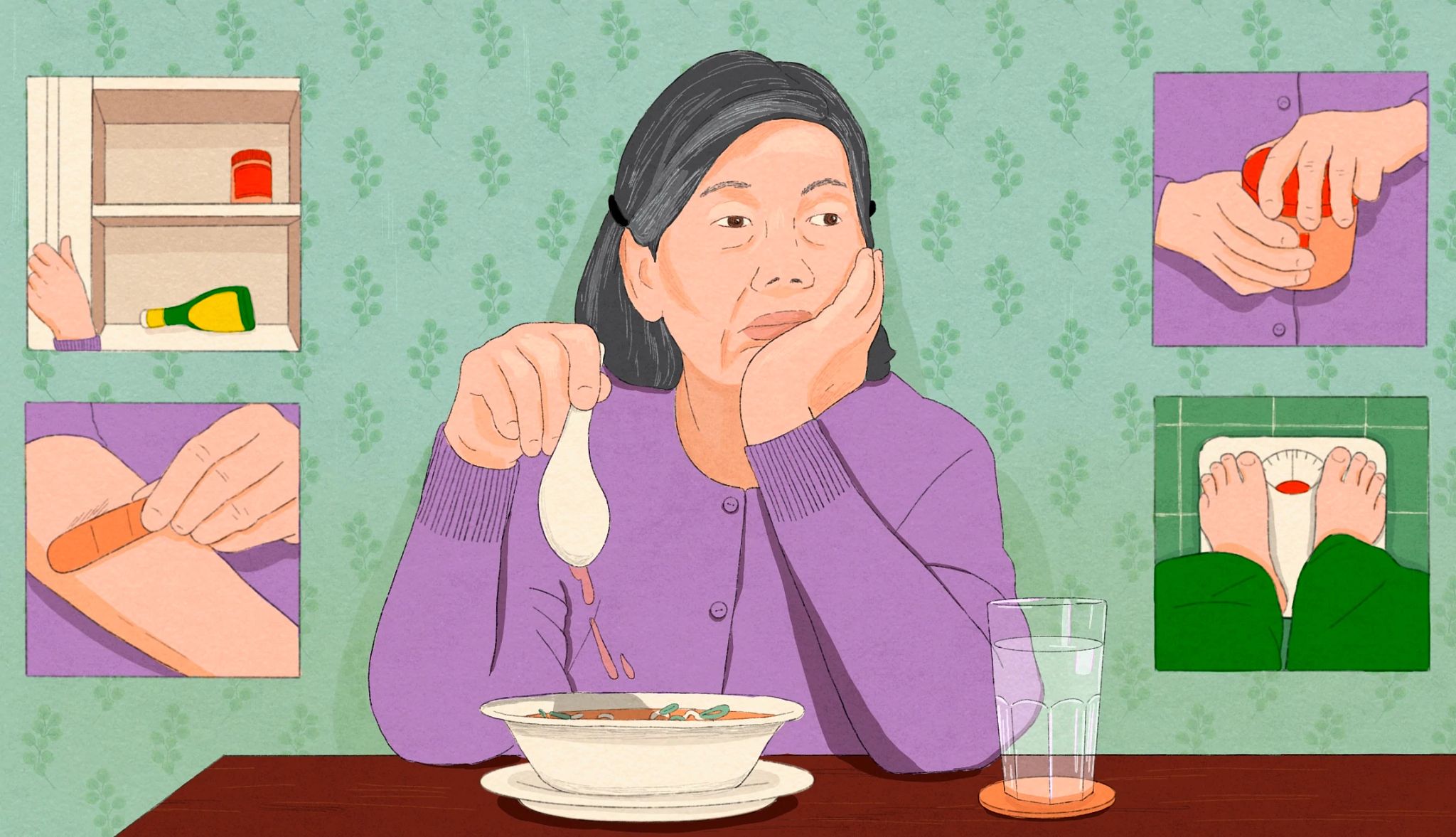

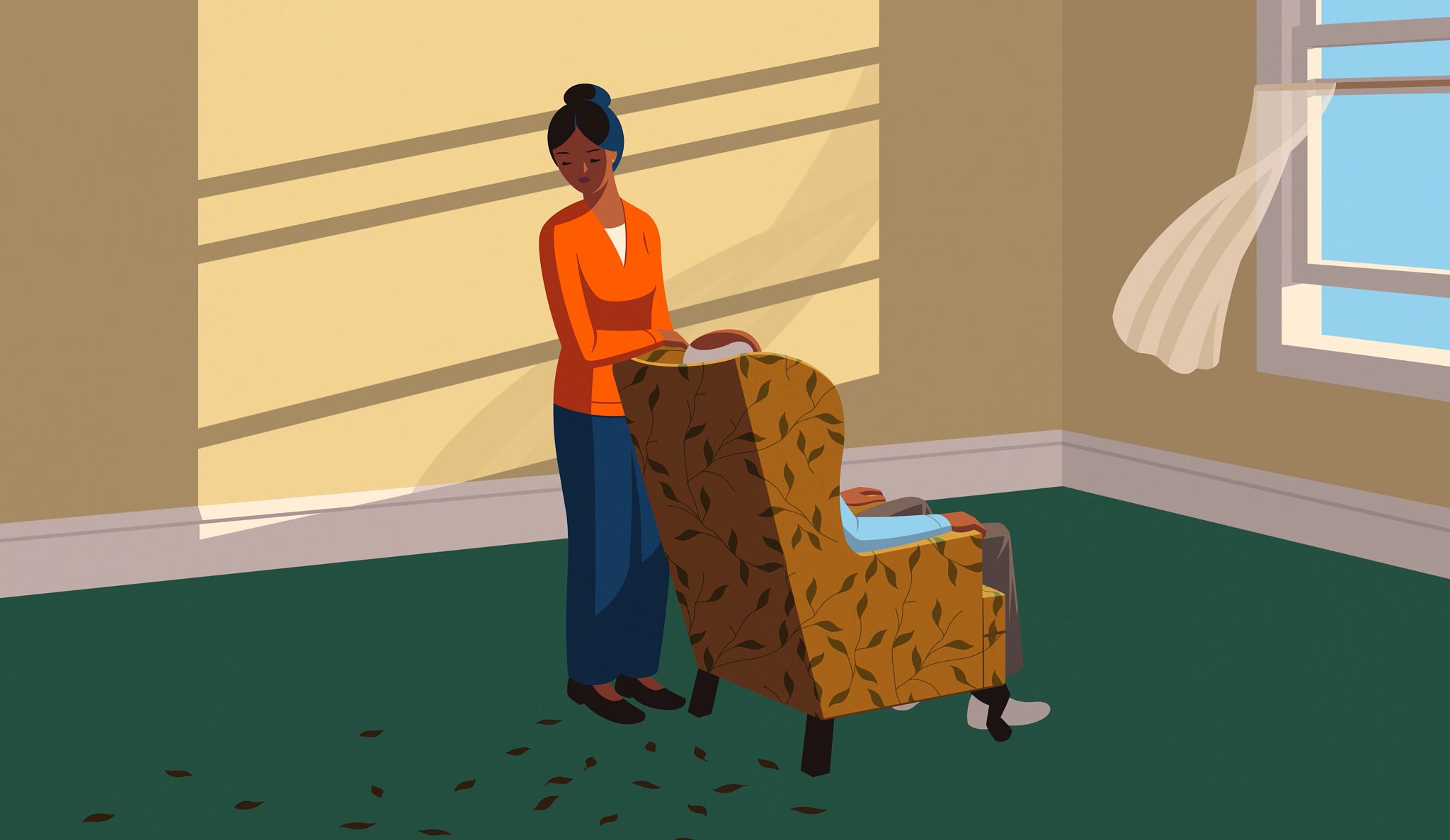
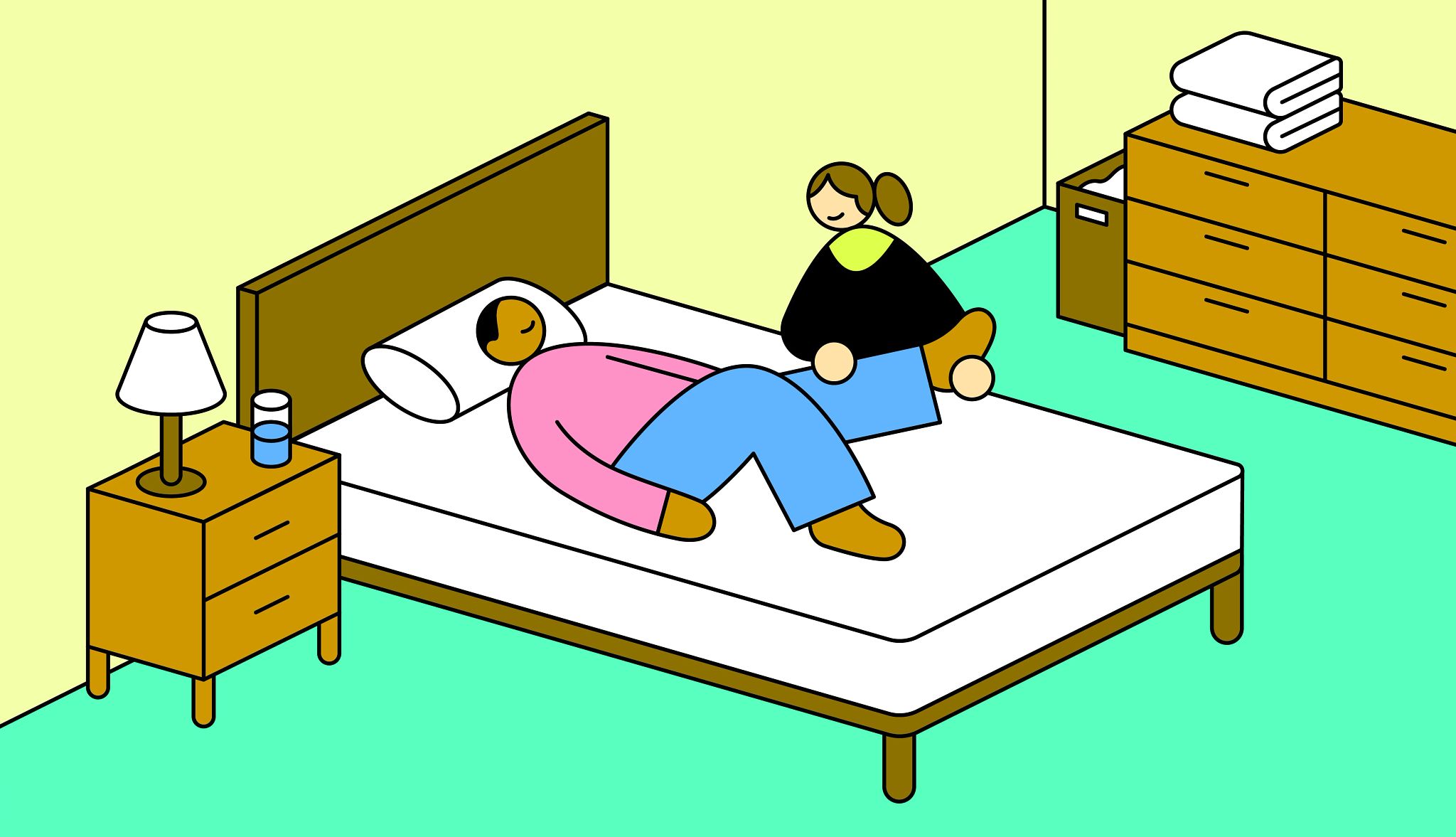






More From AARP
How Can I Sleep Through the Night?
Expert advice for getting great Z’s
Legal Checklist for Family Caregivers
Steps to take to protect your loved ones as they age
States With Paid Family Leave Laws to Help Caregivers
More states are offering workers compensated time offRecommended for You